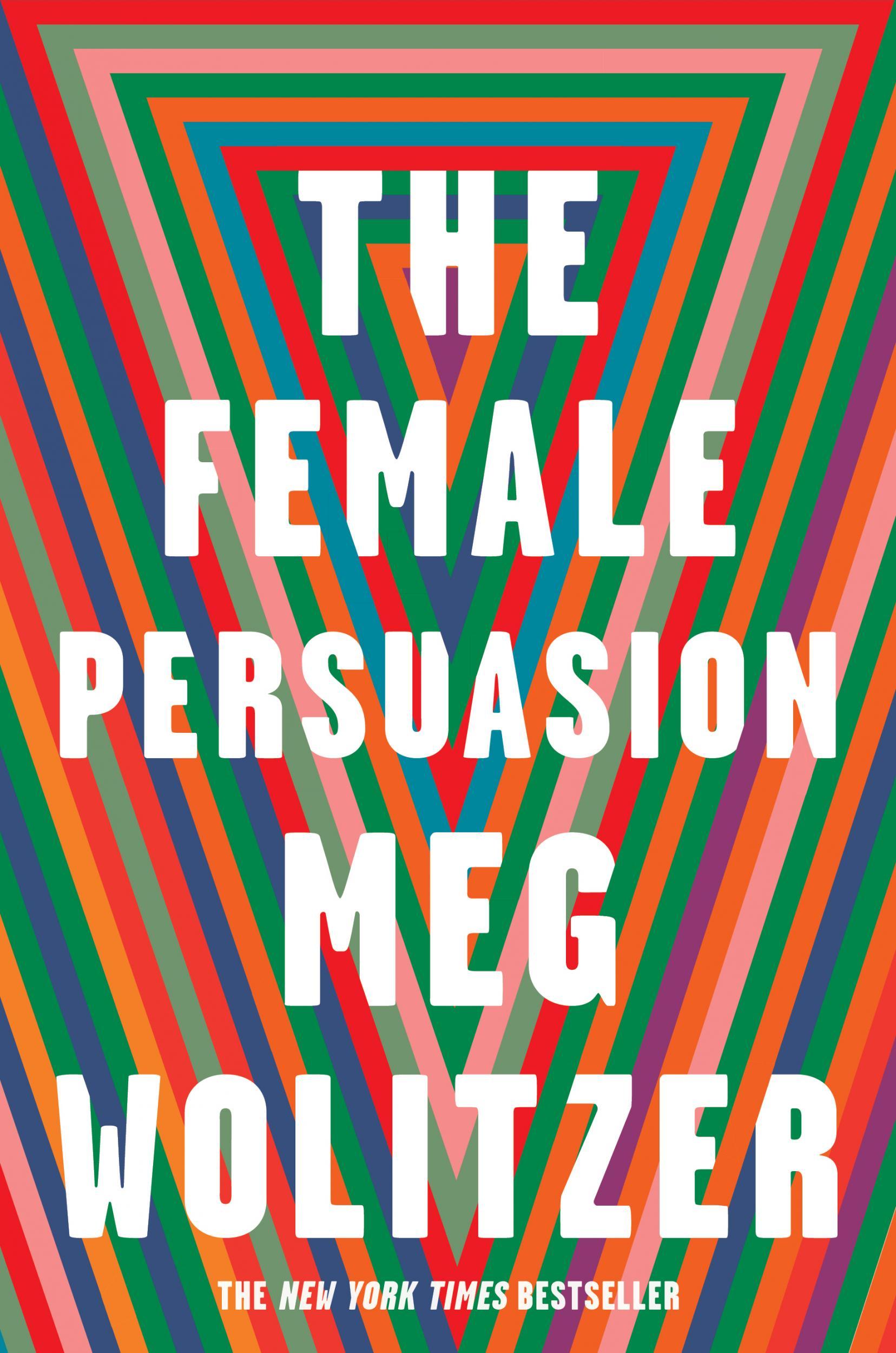The Female Persuasion by Meg Wolitzer, review: Living, breathing characters rather than a feminist manifesto
The personal and political are naturally both at play in this pleasurable novel about different generations of feminists

To call The Female Persuasion a #MeToo novel is overstating it, but the plot of Meg Wolitzer’s latest book is set in motion by an episode that has become all too familiar as women share their stories of sexual assault and patriarchal privilege.
At a small Connecticut college in 2006, a freshman frat brother is harassing his female peers: “a hand up a shirt, or on a crotch, or even, once, a finger swiped fast across a mouth”. After one public incident, his victims come forward en masse, forcing the college to take action. A disciplinary hearing is held, the frat brother apologises for “repeated misunderstanding of social cues”, is sent for three miserly counselling sessions to address his poor “impulse control”, and that’s supposed to be the end of it. The outrage is left to fester.
Hence why Greer Kadetsky, one of the victims – an otherwise unpoliticised, quietly spoken, straight-A student – finds herself venting her anger during a Q&A with Faith Frank, a 63-year-old Gloria Steinem-esque figure, author of a famous 1980s feminist bestseller (which lends its title to Wolitzer’s novel), now editor-in-chief of Bloomer magazine, “the scrappier, less famous little sister to Ms.”,and famed public speaker.
This encounter marks the beginning of a mentorship that directs Greer’s life for the next decade. After graduation, she gets a job working for the new charitable foundation Faith’s heading up.
Unlike the tract with which it shares a title, Wolitzer’s novel doesn’t offer readers a feminist manifesto, and to try to look for one is to miss the beauty of what it does do, along with the pure pleasure of the reading experience.
That both Greer and Faith find their integrity questioned when they’re caught between the personal and the political doesn’t exactly come as a surprise. Nor, I might add, are the different ways in which they each react that revelatory. But this is testament to the skill with which Wolitzer handles the psychologies of her characters, bringing to life living, breathing, flawed people on the page.
No right way to be a feminist comes out on top. Faith’s most powerful years are behind her, she’s a relic of the second wave, and even Greer’s eventual contribution to the cause – a Lean In-style manifesto of her own called Outside Voices that encourages women to speak up – seems immediately outdated. “The small triumph of having a well-meaning feminist rallying cry on the bestseller list” means as little to the high school activists of today as the now obsolete figureheads of Faith’s era do.
All is not lost though; progress is made, even if it’s in the least expected of places. Greer’s clever high school boyfriend, Cory, gives up his high-flying consultancy career to care for his mother after a family tragedy, embracing domestic responsibilities in a manner completely alien to generations of men before him. The message seems to be that the small-scale actions of an individual can often do more to change the status quo than all the well-meant grand gestures in the world.
‘The Female Persuasion’ is published by Chatto & Windus
Subscribe to Independent Premium to bookmark this article
Want to bookmark your favourite articles and stories to read or reference later? Start your Independent Premium subscription today.

Join our commenting forum
Join thought-provoking conversations, follow other Independent readers and see their replies